Just like humans, cats need a balanced diet to ensure their health and well-being. Diet is an important part of keeping cats healthy and happy. Poor nutrition can lead to a number of health problems, including obesity, diabetes, dental issues and even some forms of cancer. Cats require specific nutrients, vitamins and minerals in their diet to support muscle growth, metabolism, organ function and overall well-being. The amount of food and the type of food you feed your cat will depend on her age, activity level and any health issues she may have.
Unfortunately, many pet owners don’t realise that there is much more to feeding cats than simply filling up their food bowl with kibble every day. So, why is diet important for cats? Read on to find out!
The Benefits of a Quality Diet
A quality diet will provide cats with all the nutrients and vitamins they need to stay healthy. A balanced cat food should contain protein, carbohydrates, fat, vitamins, minerals, and water. These ingredients help cats maintain healthy skin and fur, build strong muscles and bones, and promote digestive health. Additionally, some cat foods are specifically designed for certain age groups (kittens vs. adults) or medical issues (diabetes or obesity). Having the right food can ensure that your cat gets all the nutrients it needs without overfeeding or underfeeding. It’s best to consult with your veterinarian before making any drastic changes to your cat’s diet. Some cats may require a special diet for medical reasons or if they don’t like the foods available.
Cats also need plenty of water to stay hydrated and healthy. Make sure you provide accessible, clean water at all times. You can also offer wet food as an alternative to dry food that has more moisture content.
What Types of Food Should I Feed My Cat?
When it comes to choosing the right food for your cat’s diet, it’s important to consider factors such as age, size, health conditions, activity level, and preference. Kittens have different nutritional needs than adult cats do; senior cats may require specialised diets as well. Wet food can provide additional hydration for cats who don’t drink enough water — but always make sure that wet food does not replace dry food entirely because dry kibble helps keep teeth clean and gums healthy! Additionally, if your cat has any special dietary requirements due to a medical condition or allergy then you’ll need to consult with your veterinarian before selecting a suitable diet option.
Cats can be picky eaters, so it’s important to provide a variety of foods to keep them interested and motivated to eat. Try offering different flavours, textures and types of food. You may need to experiment with your cat’s diet until you find something she enjoys eating.
In conclusion, it’s essential that pet owners understand the importance of providing their cats with a balanced diet filled with all the necessary nutrients they need in order to stay healthy and happy. The type of food you select should depend on factors such as age group or medical requirements — so be sure to talk with your vet before making any major changes in your cat’s diet! Ultimately, having the right nutrition plan for your cat will ensure its long-term health and wellbeing — both mentally and physically!
By providing your cat with a balanced, nutritionally-dense diet, you can help keep her happy and healthy for many years to come. Don’t forget to include plenty of play time every day to give your furry friend the physical exercise she needs. A healthy diet and active lifestyle are essential components in helping cats live longer, healthier lives.

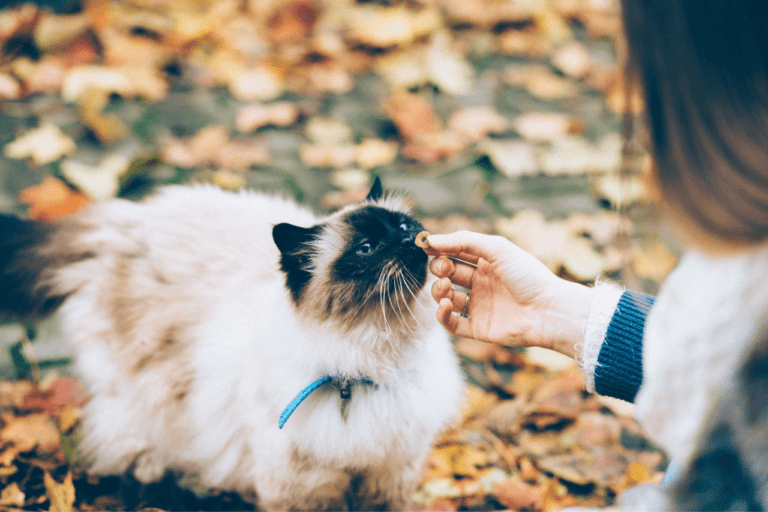

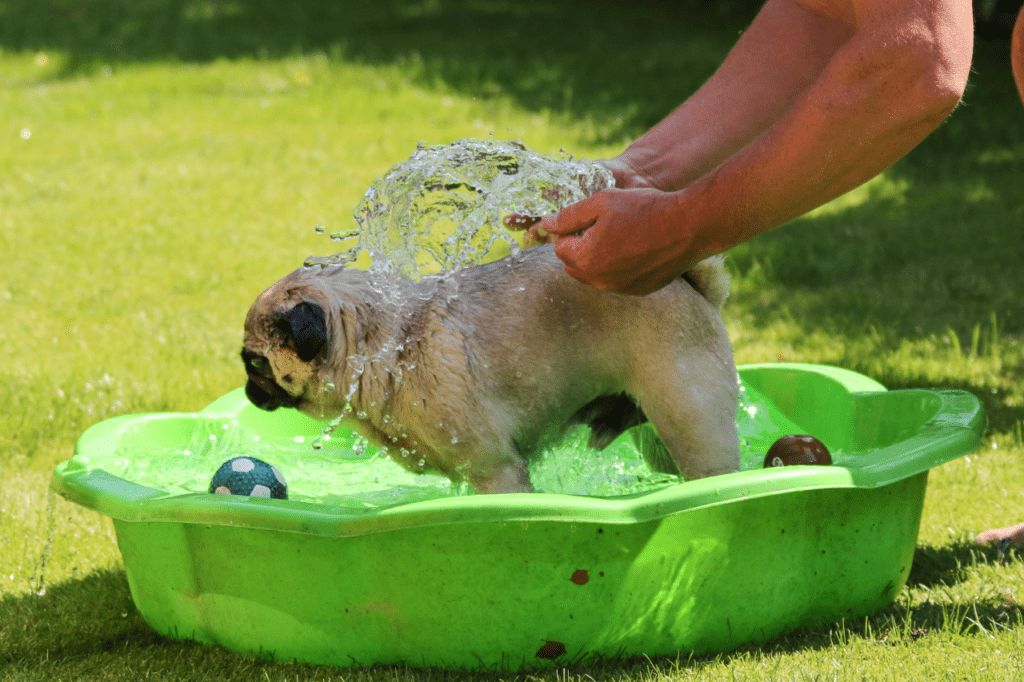
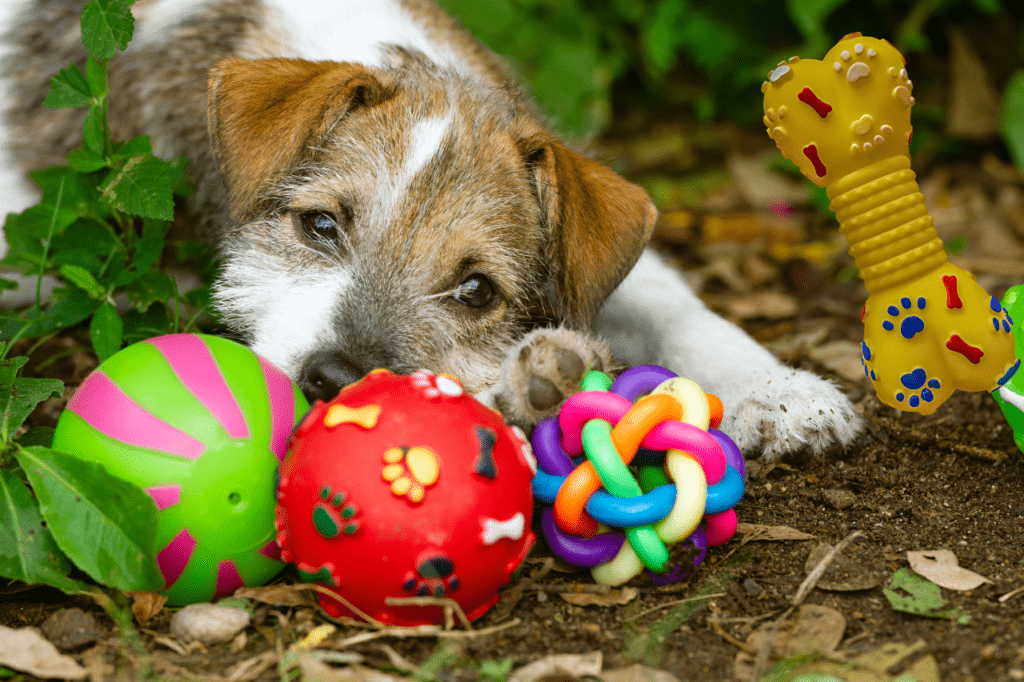

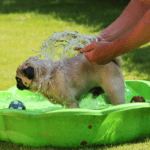

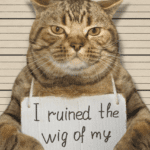


Recent Comments